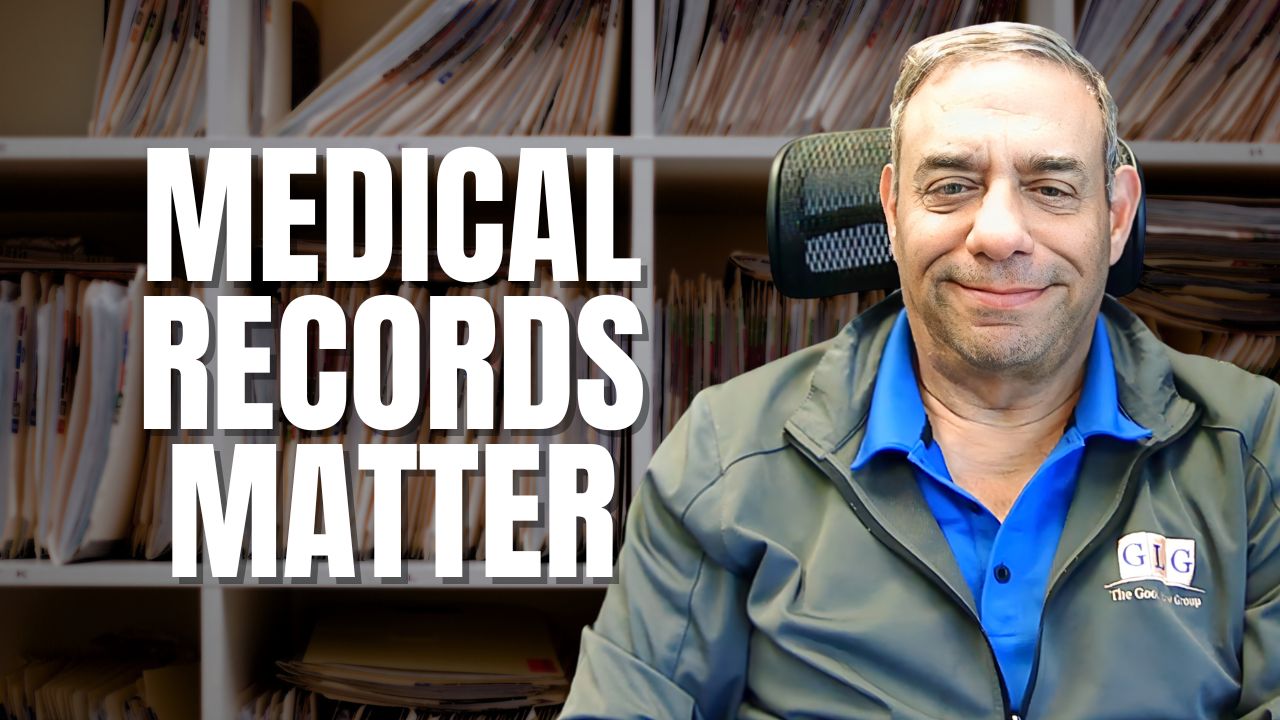With the Social Security Administration(SSA) denying an average of 64-percent of SSD benefits applications, there’s a good chance you’ll find yourself in the appeals process. The SSA may deny your benefits application for medical reasons, i.e., they did not find that your medical condition met their disability criteria, or for non-medical reasons, i.e., you do not have enough work credits. Regardless of whether you were denied for medical or non-medical reasons, the first stop in the appeals process is the reconsideration.
What is the request for reconsideration
A request for reconsideration is, as the name implies, a request that the SSA reconsider your SSD application. The SSD reconsideration review is handled in the same manner as the initial application review, with one minor change – the reconsideration review is conducted by a new disability review examiner who was not involved in denying your application (the new examiner will, however, be part of the same field office that first reviewed the application).
You must notify the SSA of your intent to appeal their denial within 65 days of receiving the denial letter (60 days, plus an additional five days for the time it takes the denial letter to arrive in the mail). If you fail to file your request for reconsideration within this time limit, you will need to submit a new claim. You can file a notice of intent to appeal online or you can print and complete Form SSA-561, the Request for Reconsideration, and Form SSA-3441, the Disability Report, and mail them to your local SSA field office.
Because reconsideration reviews are essentially nothing more than a rehash of the initial application, you can expect to receive a decision much more quickly than it took to receive a decision on the initial review, roughly one to three months from the date you submit the appeal.
Completing the reconsideration disability report
When you submit a request for reconsideration you must complete Form SSA-3441, the Disability Report – Appeal. The disability report asks whether your medical condition has changed, good or bad since you submitted your application; whether you have received any new diagnoses; whether you have been seen by any doctors or undergone any additional medical testing, and; whether you have any future appointments scheduled. It also asks that you provide any medical documentation that you did not submit with your initial application.
Because in most cases it will have only been a few months since you submitted your application, your medical condition likely will not have significantly changed. Likewise, additional doctor’s visits since the initial application won’t necessarily prove that your condition has worsened – the SSA expects that you would be getting medical treatment since you filed for SSD benefits based on an inability to work due to a disability.
Of the small percentage of previously denied applications that are approved upon reconsideration – the approval rating on reconsideration is roughly 10 to 15-percent – the approvals are usually due to a clear error of judgment in the initial review, or because new medical evidence, such as an additional diagnosis or the applicant’s doctor downgrading his medical condition.
Why, then, should you bother filing a request for reconsideration when there is a more than 80-percent chance that it will be denied? To get the appeals process rolling. Despite the abysmal approval rating, most states require SSD applicants to file a request for reconsideration before requesting a hearing before an administrative law judge. And while you can always choose not to appeal and simply re-apply, an administrative hearing is preferable – not only do they have a much higher success rate but once approved, you will be entitled to SSD benefits dating back to the date of your application. If you simply re-apply, you could be losing out on months of benefits.
Our office has years of experience handling SSD cases. Contact our office today for help with your denial or first-time application for SSD benefits #(847) 577-4476 .









